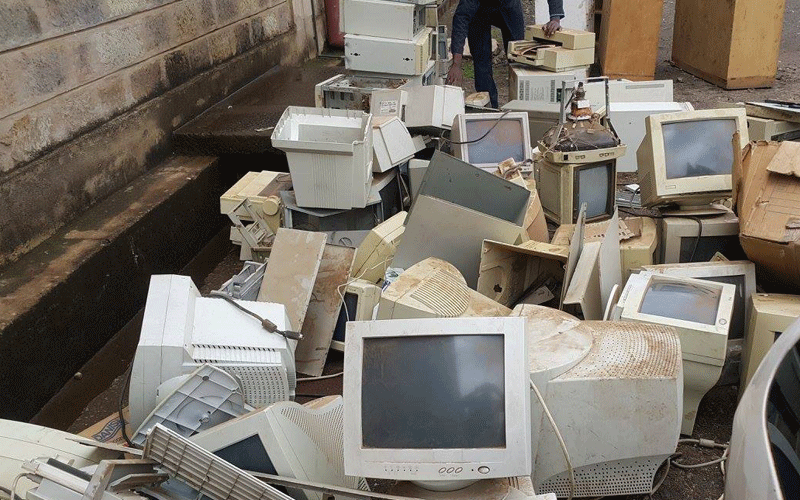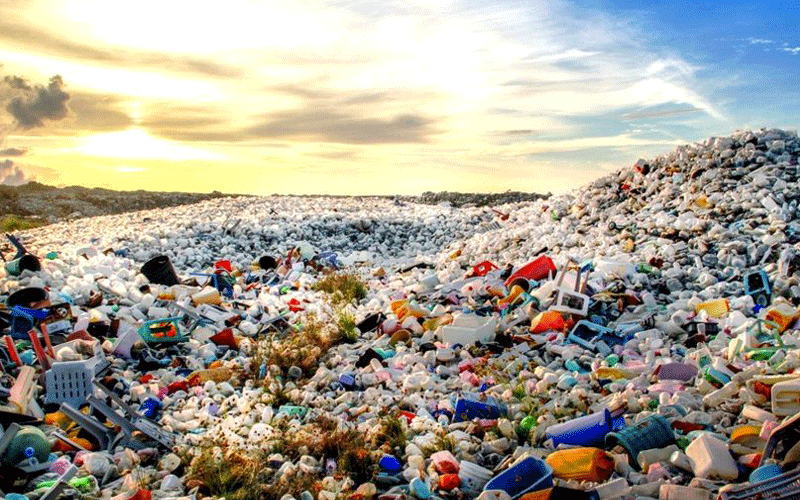E-waste Bill set to spike cost of TV sets, mobiles

John Otini
Cost of electronic goods in the multi-billion-shilling sector is set to rise if a draft bill seeking to hold manufacturers responsible for recycling of their products is enacted.
The Extended Producer Responsibility Principle Bill seeks to address the problem of e-waste and could see makers add the recycling costs on the price of products.
Extended producer responsibility is a practice where producers take responsibility for disposal of products once those designated as no longer useful by consumers.
Responsibility for disposal may be fiscal, physical, or a combination of the two.
“The bill is set for public participation in March and will make sure producers are responsible for recycling of the products they make,” said Director of Environmental Education at the ministry of Environment Ayub Macharia said.
National e-waste fund
It seeks for a national e-waste fund to collect money from companies that produce large amounts of electronics waste that will go towards recycling.
This means that mother companies of electronic goods like phones, laptops, printers and such will have to add a “hidden” recycling charge to facilitate the collection and management of waste from their products.
“Currently the factor costs are mainly labour and raw materials but they will now add a recycling margin on their products,” said Rethabile Moraa, operations manager at Waste Electrical and Electronic Equipment (WEEE) recycling company.
A levy will be added on top of the original gadget’s price and buyers will either be refunded the fee upon exhaustive use when they return the gadget or trade-in the existing device for a new one.
If successful, nationwide collection of electronic waste will be funded through Extended Producer Responsibility (EPR), which is predicted to raise money every year.
Currently e-waste collectors are mainly street families who separate plastic, motherboards; batteries and copper wire to sell, then burn the excess.
Macharia said the move is to ensure that Kenya is not turned into an e-waste dumpsite from developed countries like Europe, China, Japan and the US.
According to WEE general manager, Boniface Mbithi, Kenya generates over 44,000 tonnes of e-waste annually.
“Apparently this figure is even higher because we do not have a framework to capture the data.
WEEE only collects 25 tonnes every month yet we have the capacity to collect up to 4 times of this,” added Mbithi.
Recycled e-waste will be prepared and shipped to Europe for processing. While plastic and metal can be processed in Kenya, other materials deemed too hazardous and must be shipped abroad.













